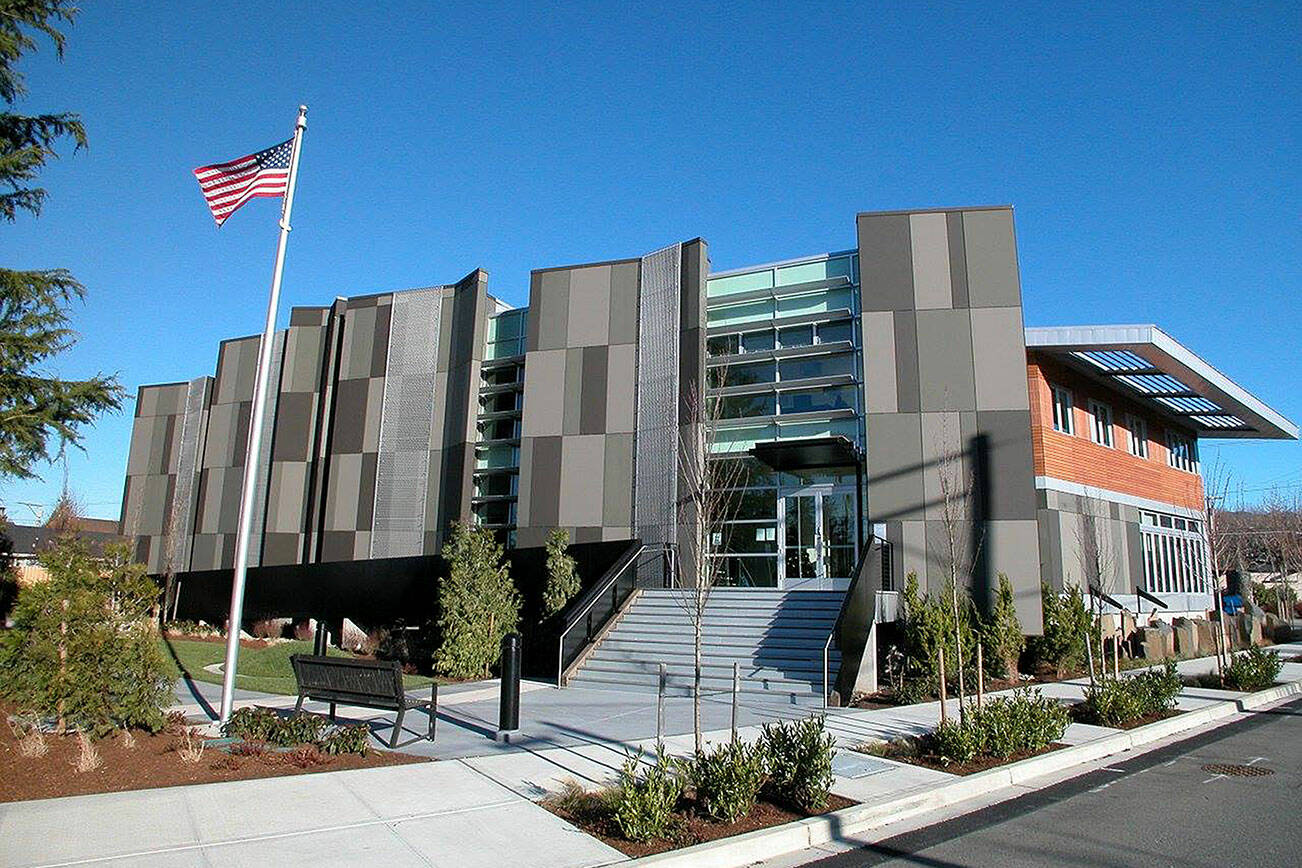At the Snoqualmie City Council meeting Sept. 25, the council held a general meeting and a roundtable with 5th Legislative District Reps. Bill Ramos and Lisa Callan.
Crime was a main topic of discussion at the roundtable.
Councilmember Rob Wotton asked for a remedy to reduce crime without costing taxpayers more money.
“You don’t fix many problems without money, just to be honest,” Ramos said bluntly.
Ramos suggested a preventative approach. He said if the city spends the money to fix the problem after the fact, it’s going to cost them more. Instead, if the city can get ahead of the issue — like preventative maintenance — the city can spend less money, which he believed to be better for individuals and society.
Callan approached this question from a juvenile and behavioral health perspective.
“We have to find pathways to break out of crisis-driven cycles that we keep feeding ourselves in,” Callan said.
Callan said there is a lack of capacity, workforce and programs, which pushes cycles back through more and more.
She suggested increasing police support, providing community enrichment programs and connecting with K-12 schools. However, she said it always comes back to funding and staffing.
Councilmember Ethan Benson said the impact of the Snoqualmie Police Department’s one behavioral specialist has been incredible. He said she’s saving the city money and reducing the workload. Stephanie Butler, a licensed social worker and mental health counselor, joined the department in September 2022. In her role, she works directly alongside police, fire and other first responders in responding to calls that involve mental health crises. She also links residents to community resources.
“She reduced the workload of the whole police station by helping citizens who repeatedly make calls,” Benson said.
Brian Lynch, interim chief of police, stood before the council to comment on the restriction changes in 2022, which restricted police interviews with juvenile suspects unless they received consent from an after-hours public defense attorney.
Lynch agreed with the idea of the protection, but believed there would be an increase in juvenile charges because the police could not hear the suspect’s side. He suggested being able to get consent from parents instead or changing the age of when it’s OK to interview the suspect.
Ramos applied a personal example of an investigation at his daughter’s school and said restrictions were set in place due to abuse. However, he said there will likely be revisions if restriction measures aren’t working.
Transit and housing
Councilmember James Mayhew asked about a future project that would widen State Route 18 over the pass. This project is separate from the current highway widening project from State Route 18 to Interstate 90.
Ramos said this two-year budget covers the current project. However, the latter project is dependent on the next two-year plan.
Mayhew also spoke about the lack of transit for people at the lower end of the area median income. Currently, one bus comes every 90 minutes, and no buses go over State Route 18, according to the city council.
Mayhew added transit is an integral part of the housing conversation too.
Ramos said he knows it is a pressing issue and mentioned King County Metro is now healthily funded, but is experiencing a shortage of mechanics and drivers.
Other council action
• In the regular meeting, the president and vice president of the Historic Downtown Snoqualmie Merchants Association spoke about the history of the totem pole in the city, mentioning the totem pole is not from the Snoqualmie Tribe and was more of a caricature. Furthermore, they said there is historical-related signage that is outdated. Before adjournment, Councilmember Mayhew pushed for furthering the discussion of the totem pole outside of the park’s committee or putting it to a simple vote. He emphasized the importance of getting the history of the totem pole and the tribe’s perspective.
• Police officer David Doucett, who has been in the field for 39 years, was sworn back into the Snoqualmie Police Department after having a quick residency at the Kent Police Department.
• The city council discussed the Multi-family Property Tax Exemption program, which has the potential to be voted on next meeting. This exemption aims to increase the opportunity for multi-family-affordable housing for low-income and very low-income households and to promote increased construction of affordable multi-family housing. The council passed the Mill site as a residential targeted area for the Multi-Family Housing Property Tax Exemption. The council discussed new accessory dwelling unit (ADU) regulations, which require cities to allow two ADUs — small units attached to or on residents’ property — per residential parcel.


